
- Article
- Article
Good animals, bad humans?
Could an animal be more evolved than a human? Victorian psychologists thought that in some cases the answer could be ‘yes’.

- Book extract
- Book extract
Ayurveda: Knowledge for long life
The story of medicine in India is rich and complex. Aarathi Prasad investigates how it came to be this way.

- Article
- Article
Disturbed minds and disruptive bodies
Prison officers tried to regulate women’s minds and bodies and maintain a new disciplinary routine in the second half of the 1800s.

- Article
- Article
Spiritual joy
Spiritual joy can be a source of strength. Like the optimistic Pollyanna, there’s a lot to be said for finding reasons to rejoice, even in adversity.
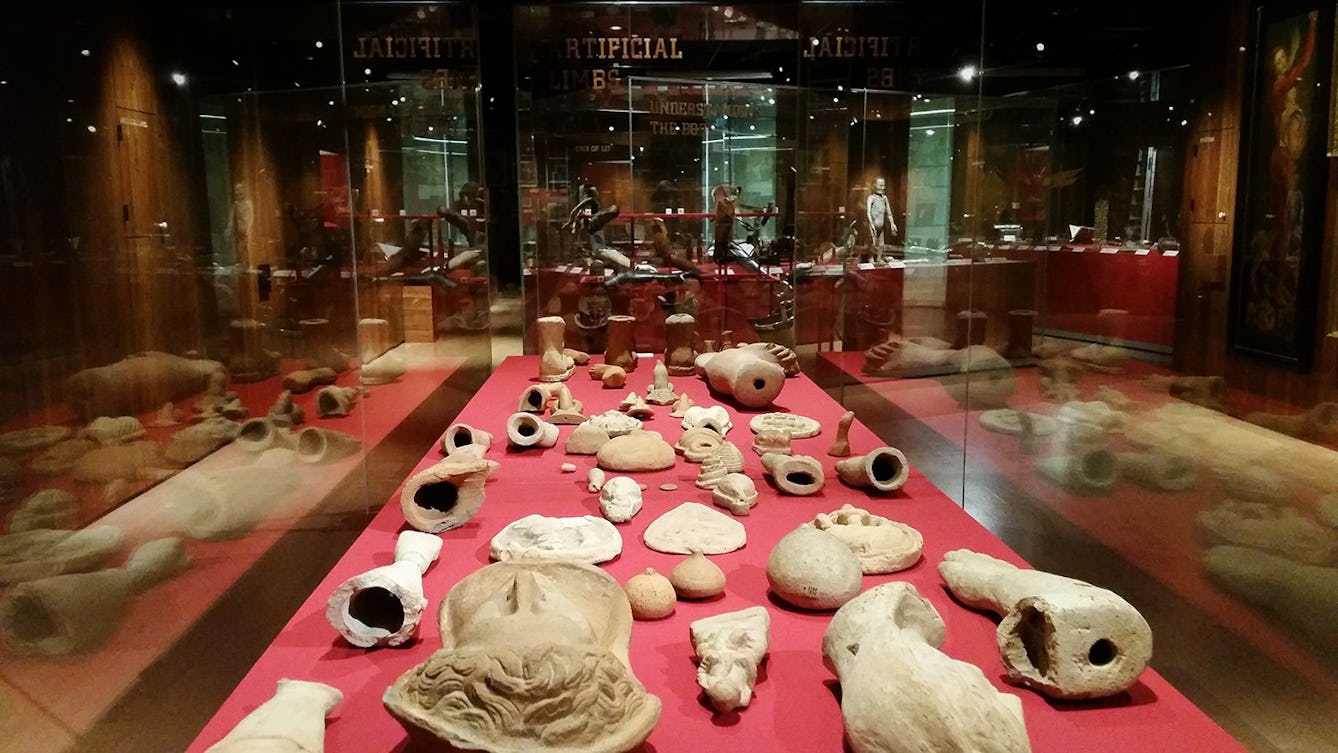
- Article
- Article
Why the world needs collectors
Those who collect play an important role as “facilitators of curiosity”, says Anna Faherty.

- Article
- Article
Sex work, stigma and whorephobia
Like everyone, sex workers sometimes need medical or mental health support. But shame and stigma seriously affect attitudes and access.

- Article
- Article
Unravelling genetic origins from the potato to cinchona
Starting with the humble potato, Nataly Allasi Canales reveals how researchers unearth the genetic origins of modern plant varieties, and explains why their work is so important for biodiversity.

- Article
- Article
Guide dogs or good dogs from the Middle Ages
Medieval illustrations often show blind people, sometimes with dogs. But working out whether these were actually guide dogs involves a mix of detailed detective work and expert speculation.

- Article
- Article
The problem of the punctured heart
During World War II a young American surgeon working in England perfected shrapnel-removal techniques that saved dozens of lives. Discover how one case sealed his reputation as the founder of cardiac surgery.

- Article
- Article
The search for a cure for endometriosis
Discover how a white American doctor’s experimental operations on black female slaves laid the foundations for modern gynaecological surgery.

- Interview
- Interview
Sniffing glue and Scientology in the DrugScope archive
Academics on hallucinogenics, kids sniffing glue, and Scientologists recruiting drug users keen to kick the habit. Delve into Wellcome’s recently acquired DrugScope archive.
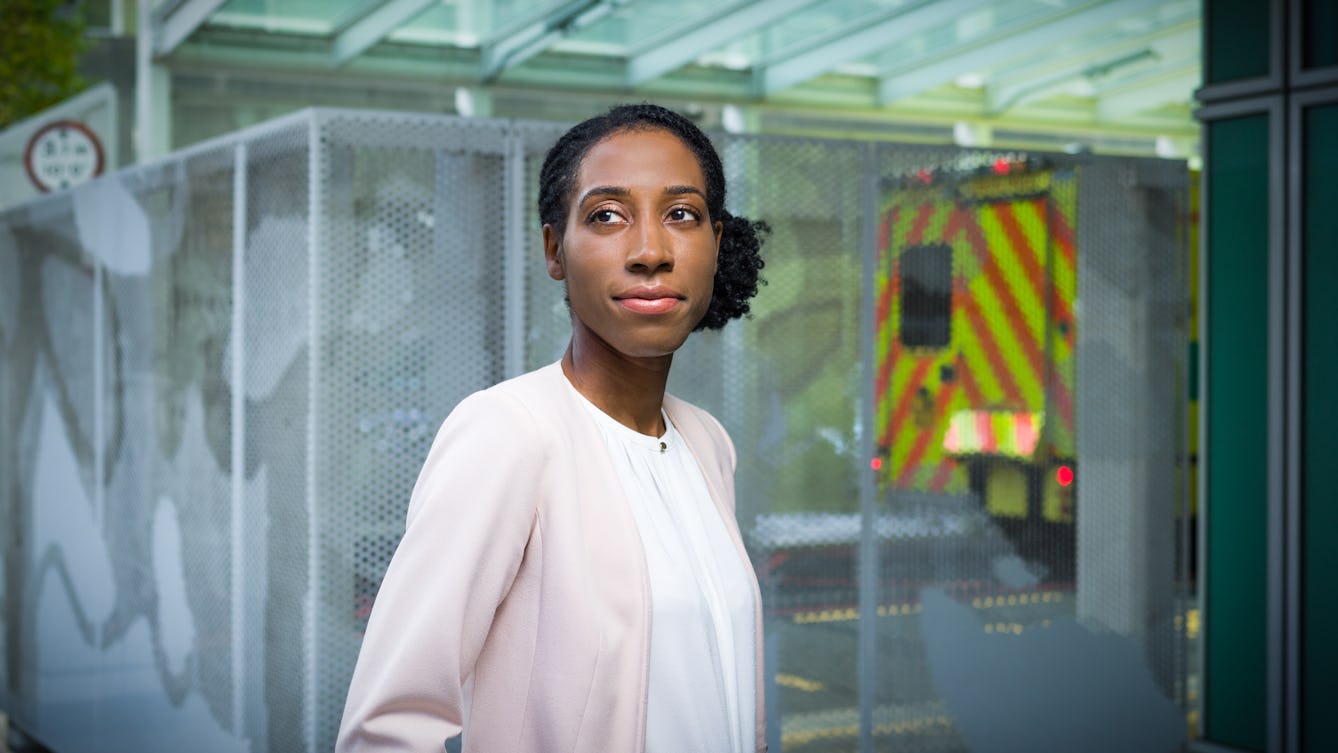
- Article
- Article
Born in the NHS
Despite underfunding, strikes and scandals, the first two decades of the 2000s has seen the British people’s love of and loyalty to the NHS soar.

- Interview
- Interview
Inside the mind of Somewhere in Between’s curator, Laurie Britton Newell
The exhibition's curator shares her secrets.

- Article
- Article
Are people born violent?
Laura Bui explores how the nature vs nurture debate applies to those who commit homicide.

- Article
- Article
The secret lives of Britain’s first Black physicians
Dr Annabel Sowemimo explores the web of connections between early Black British doctors, the role of empire in West Africa and the pernicious reach of scientific racism.

- Article
- Article
The complex longing for home
It could be mild, an almost poetic longing. Or it could be visceral, deep, an overwhelming feeling that eats into your everyday life. Come with Gail Tolley as she introduces a deep dive into homesickness.

- Article
- Article
Happy Joy Smile
Drawn from real-life experiences, this short story depicts a character negotiating the UK’s current mental health system. Discover what happens as they encounter waiting lists, sketchy healthcare and punitive government bureaucracy.

- Article
- Article
The mystery of the malignant brain
In 1884 a neurologist successfully used a patient’s symptoms, plus a new kind of map, to locate a brain tumour. Discover how his best-laid plans for treatment worked out.

- Article
- Article
Cocaine, the Victorian wonder drug
Today, cocaine has a very poor public image as one of the causes of crime and violence. But for the Victorians it was welcomed as the saviour of modern surgery.
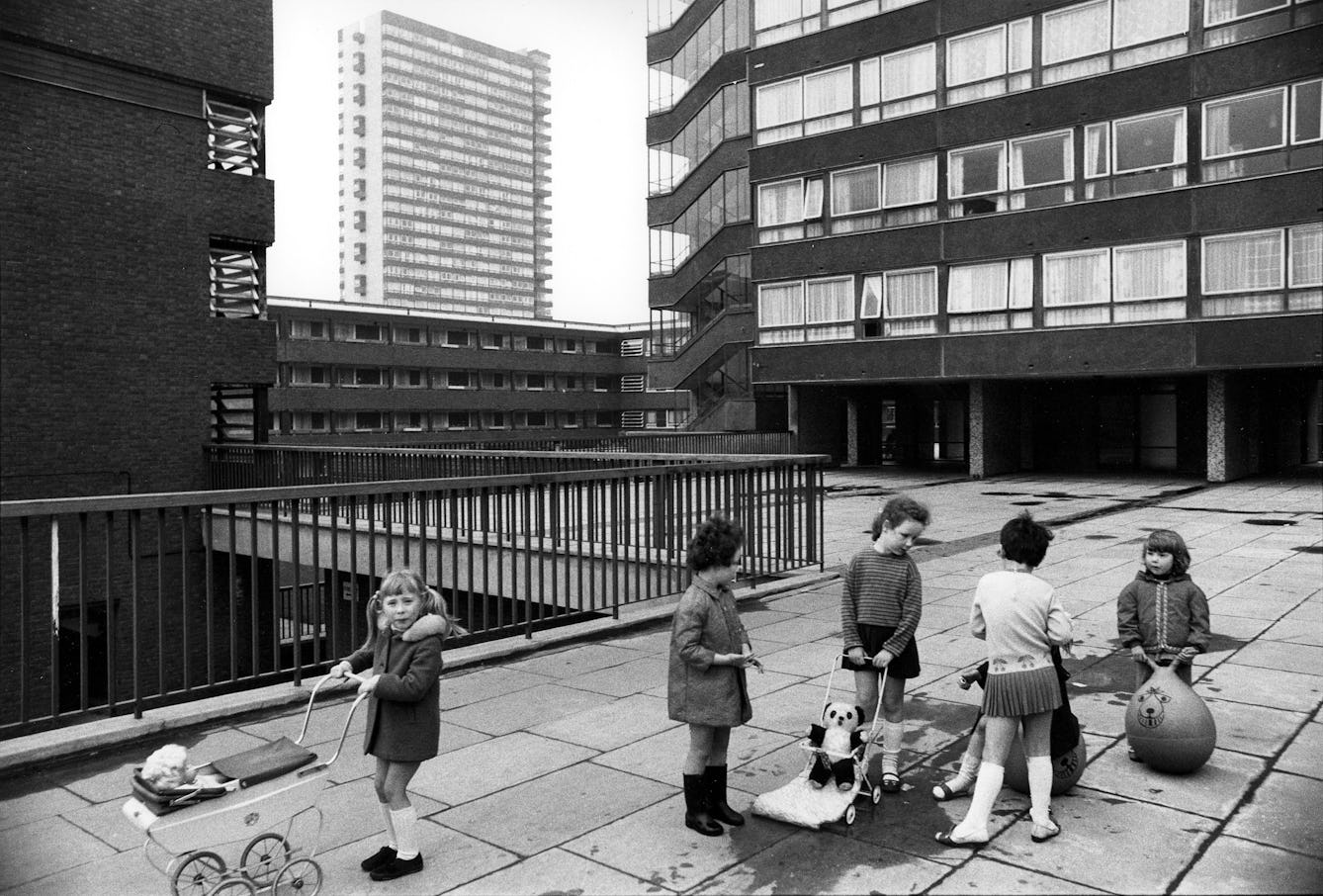
- Book extract
- Book extract
“Above resistant pavements, I floated”
In this extract from ‘Living with Buildings and Walking with Ghosts’, walk with Iain Sinclair through the streets of London.

- Article
- Article
Dial ‘S’ for sex
In pre-internet days, phone boxes became a patchwork of ‘tart cards’ offering sexual services. Find out about the clandestine world they hint at.

- Article
- Article
Can isolation lead to manipulation?
Military-funded researchers wanted to know if isolation techniques could facilitate brainwashing. One neuroscientist suggested that it might improve our own control over our minds.

- Article
- Article
Defying deafness through music
Did you know that Beethoven’s profession meant he was ashamed to admit to being deaf? Find out how similar prejudices persist today and how our writer is helping to break them down.
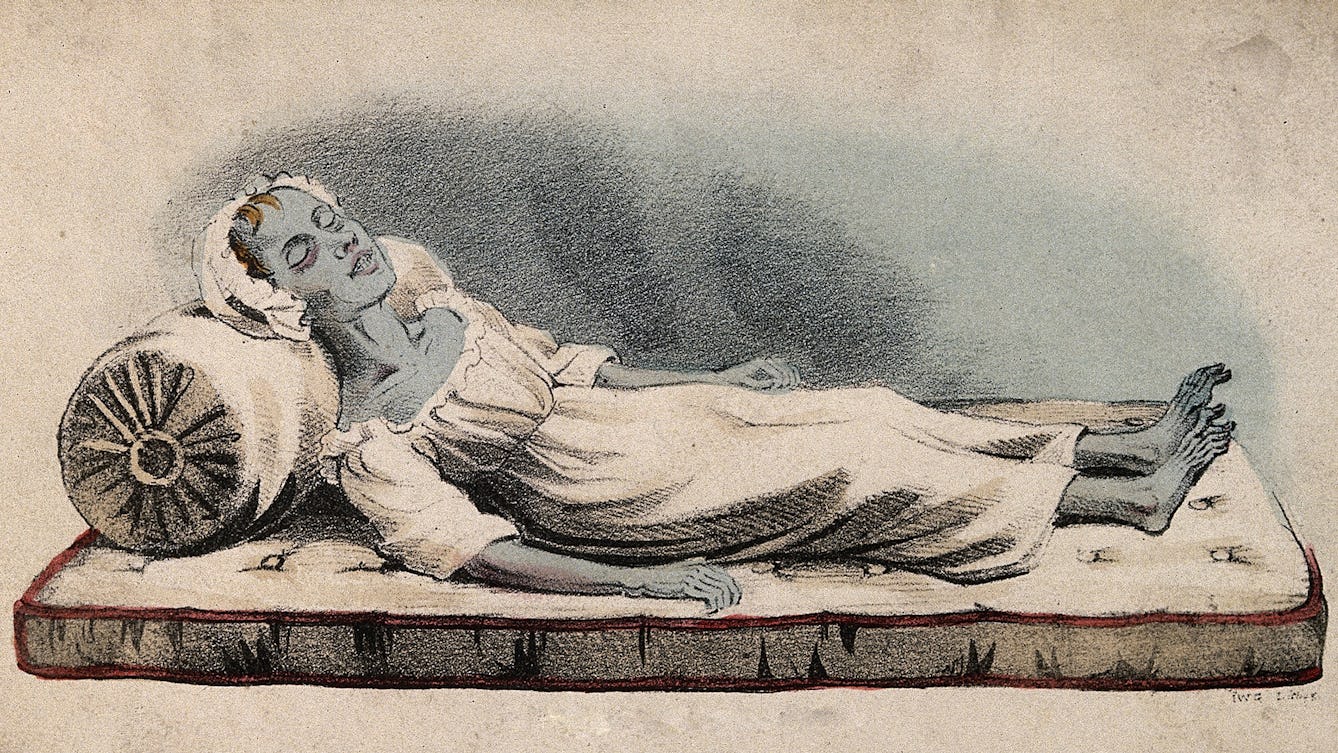
- Article
- Article
The colonist who faced the blue terror
India, 1857. In a British enclave, Katherine Bartrum watches her friend, and then her family, succumb to the deadly cholera.
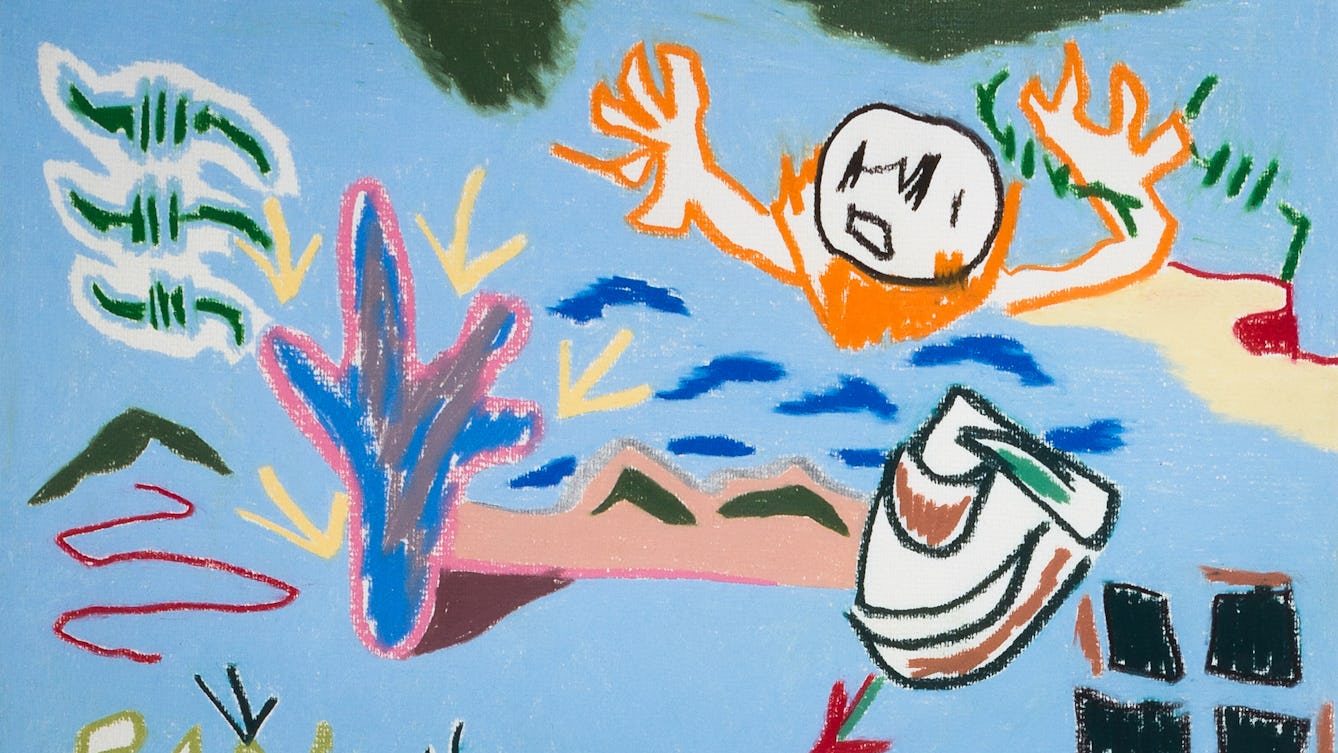
- Article
- Article
The indelible harm caused by conversion therapy
With first-hand evidence from two powerful testimonies, neurologist Jules Montague explores the destructive history of conversion therapy, a punitive treatment designed to ‘cure’ people of homosexuality.